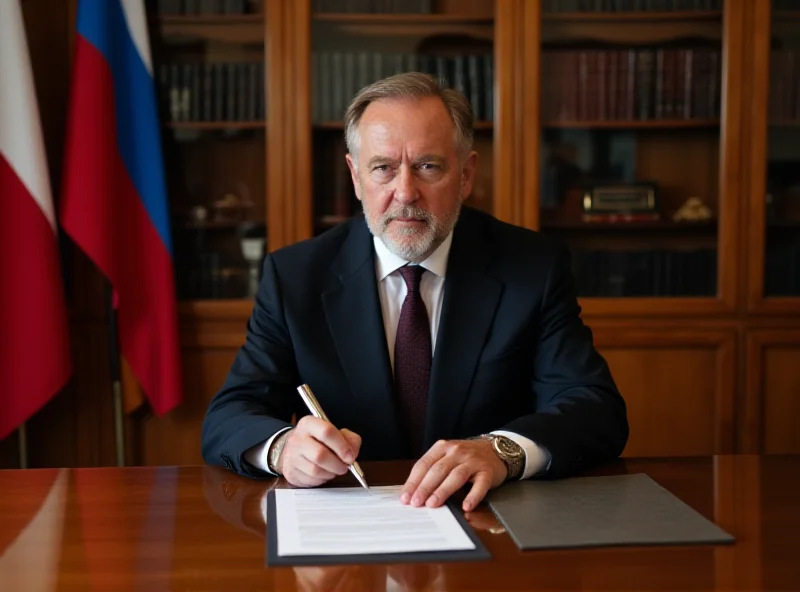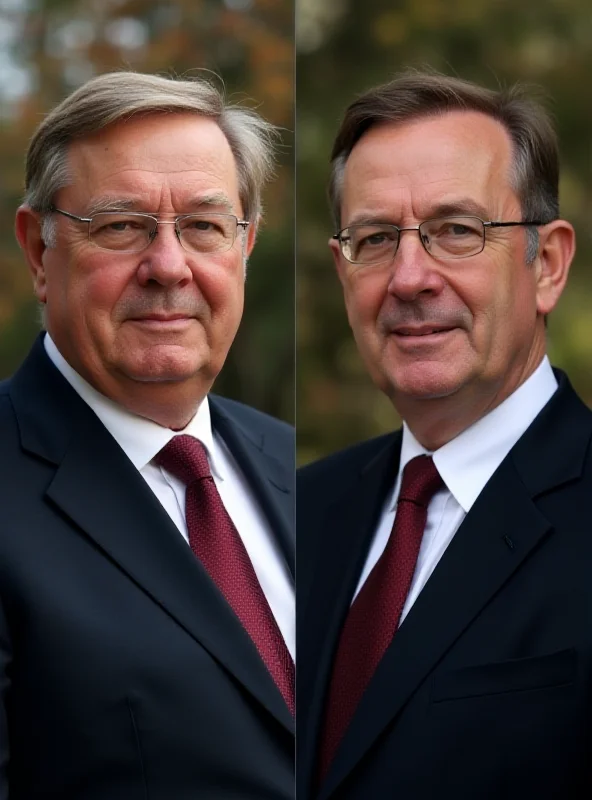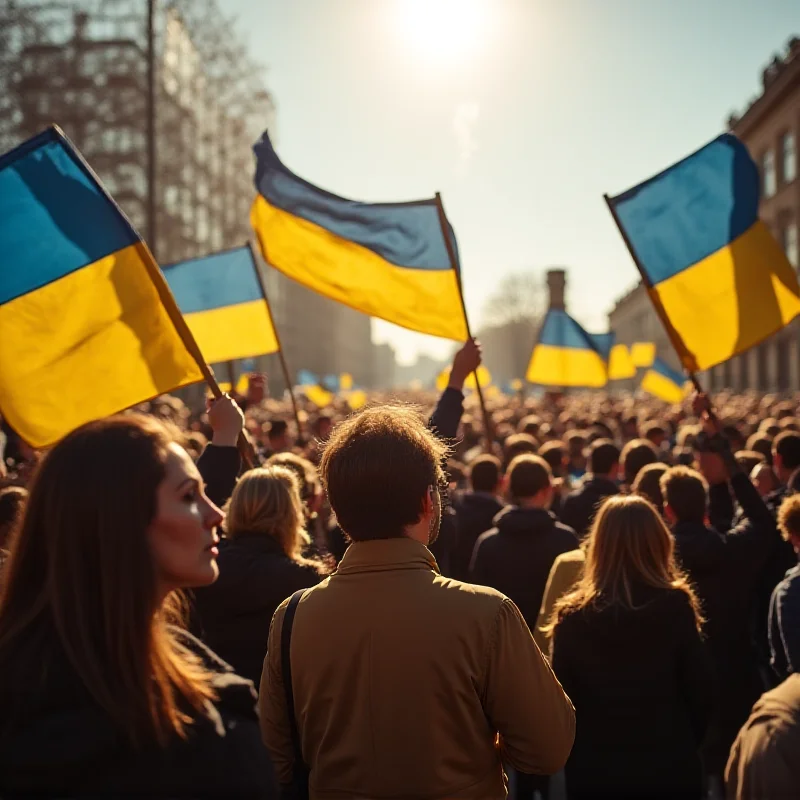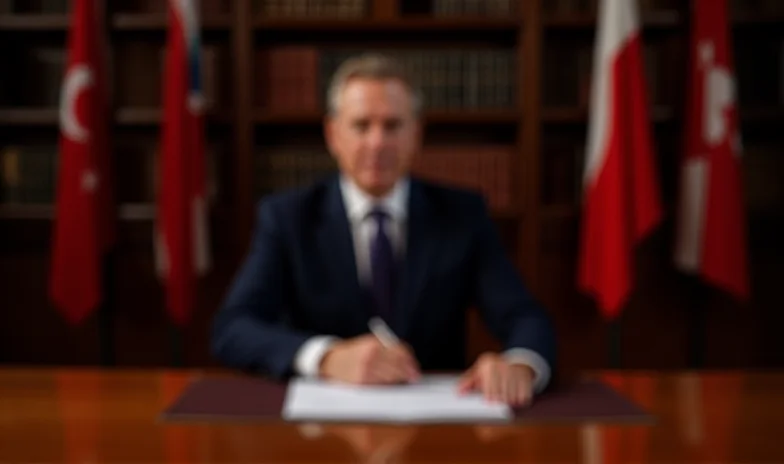Czech President Petr Pavel is navigating a complex political landscape, facing challenges on multiple fronts. From domestic policy debates to international relations, the President's actions and decisions are under constant scrutiny.
Domestic Policy Disputes
Recent events highlight the tensions between the President and the Czech Parliament. In a significant move, MPs from the ruling parties overruled President Pavel's veto regarding salary increases for top politicians. This decision, which will see politicians' salaries rise by nearly 7% while judges' salaries remain stagnant, has drawn criticism from opposition parties like ANO, SPD, and the Pirates. "This is a clear demonstration of the disconnect between the ruling parties and the concerns of ordinary citizens," commented a spokesperson for the ANO party. 
President Pavel also recently signed an amendment to the higher education law, which aims to improve conditions for PhD students and establish the National Accreditation Office as an independent entity. However, he expressed reservations about the approval process of the amendment and the use of appendices, indicating potential concerns about the long-term implications of the legislation.
Security Concerns and Public Sentiment
During a recent visit to the South Moravian Region, President Pavel addressed security concerns raised by politicians, citizens, and students. He acknowledged the seriousness with which the public is treating the security situation, emphasizing that while vigilance is important, there is no reason to panic. "It's good that people are taking security seriously," he stated, "but we must not scare people or paint things pink." This statement reflects the President's attempt to strike a balance between acknowledging legitimate concerns and preventing undue alarm.
International Relations and the War in Ukraine
The Czech Republic's stance on the war in Ukraine remains a key issue. Both Prime Minister Petr Fiala and President Pavel have repeatedly affirmed their support for Ukraine in the face of Russian aggression. This stance has been reiterated in response to controversies surrounding potential peace negotiations involving Ukrainian President Volodymyr Zelensky, American President Donald Trump, and Russian leader Vladimir Putin.  Interior Minister Vít Rakušan has expressed skepticism about any peace process dictated by Trump and Putin, a sentiment echoed by other government officials. Andrej Babiš believes that the negotiations will continue despite current disagreements.
Interior Minister Vít Rakušan has expressed skepticism about any peace process dictated by Trump and Putin, a sentiment echoed by other government officials. Andrej Babiš believes that the negotiations will continue despite current disagreements.
The ongoing conflict in Ukraine continues to be a major focus of Czech foreign policy, and the President's unwavering support for Ukraine reflects the country's commitment to international security and stability. The Czech Republic has provided significant aid to Ukraine and has been a vocal advocate for continued international support.

President Pavel's tenure is marked by a series of challenges, both domestic and international. His ability to navigate these challenges will be crucial in shaping the future of the Czech Republic.
